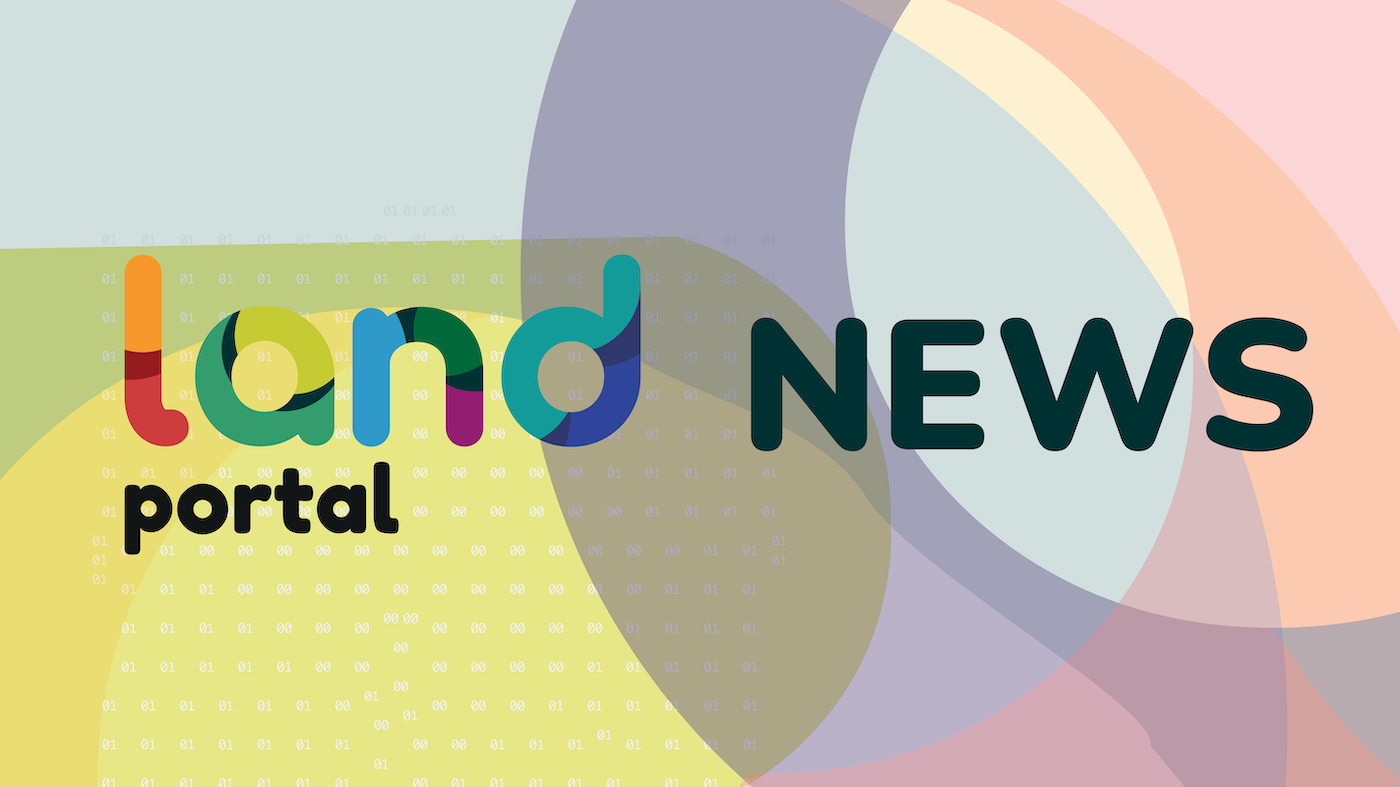

Related content:
State of land information in South Africa
The report is based on a collaboration between the Council for Scientific and Industrial Research (CSIR) in South Africa and the Land Portal Foundation, in collaboration with local partners, in individual countries. It is based on a wide-ranging survey of sources of land information in South Africa, conducted by the CSIR, ‘Sources of Land Information in South Africa and their Institutional Context’, published as a companion document.
Webinar: The State of Land Information in South Africa
The State of Land Information in South Africa
Copyright © Source (mentioned above). All rights reserved. The Land Portal distributes materials without the copyright owner’s permission based on the “fair use” doctrine of copyright, meaning that we post news articles for non-commercial, informative purposes. If you are the owner of the article or report and would like it to be removed, please contact us at hello@landportal.info and we will remove the posting immediately.
Various news items related to land governance are posted on the Land Portal every day by the Land Portal users, from various sources, such as news organizations and other institutions and individuals, representing a diversity of positions on every topic. The copyright lies with the source of the article; the Land Portal Foundation does not have the legal right to edit or correct the article, nor does the Foundation endorse its content. To make corrections or ask for permission to republish or other authorized use of this material, please contact the copyright holder.


